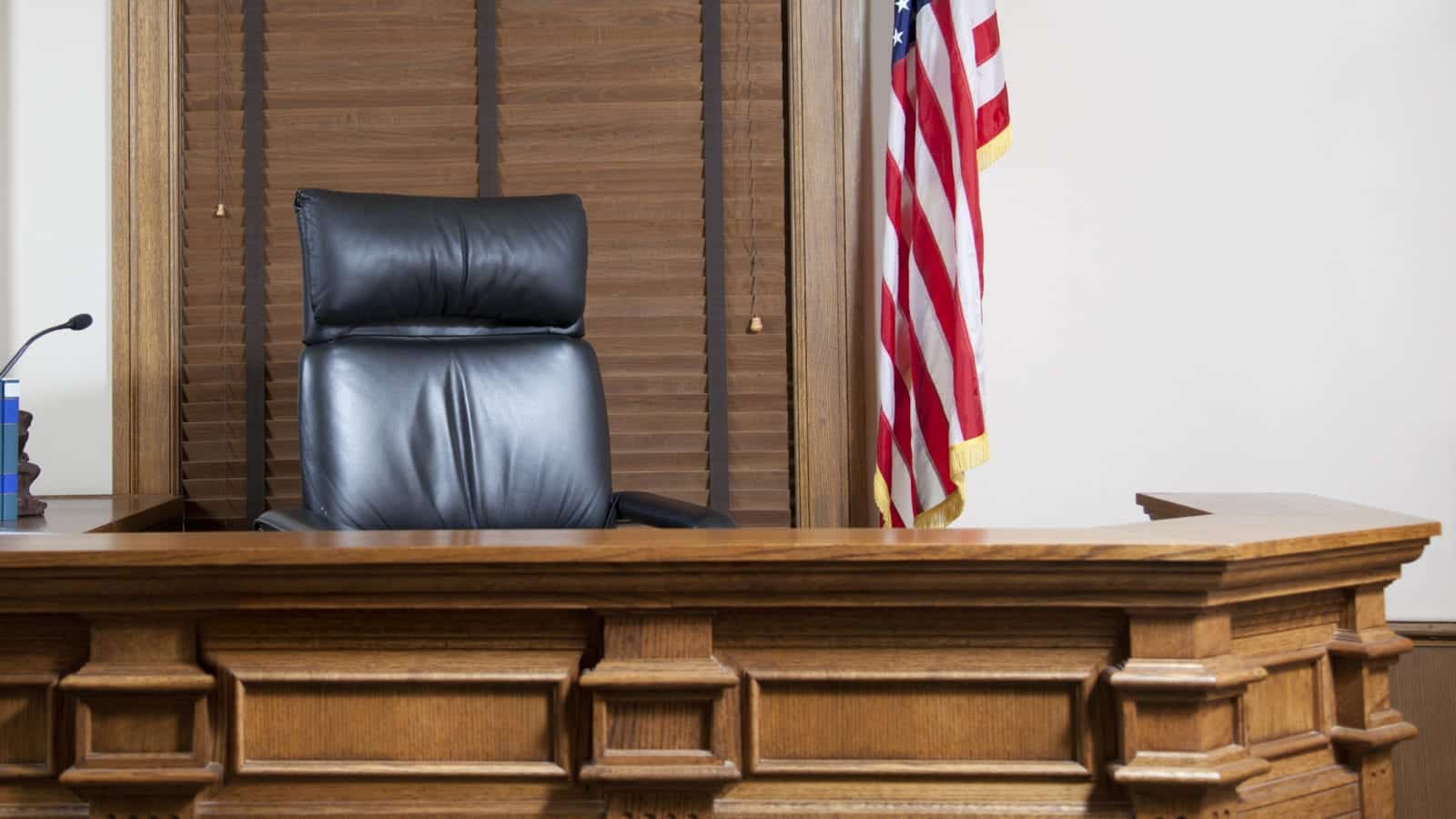
We buy products to make our lives easier, not injure us. Yet, every year many people are injured by defective products or inadequate warnings and must pursue damages under a products liability case. These cases can take several forms depending on the approach chosen by the representing injury lawyer. Strict liability, negligence, breach of warranty and fraud are all among the possible causes of civil action.
Learn which approach a Charleston personal injury attorney might take and why by reading on.
Negligence or Strict Liability?
Under a typical personal injury case, a plaintiff’s attorney might approach the case from the doctrine of negligence. Negligence states that the defendant had a duty of care towards the plaintiff and that they violated that duty through behavior a “reasonable person” would not normally engage in, causing damages.
These cases must prove that not only did the defendant cause the plaintiff harm but that the actions that led to that damage were somehow unreasonable and likely to cause harm. In a situation where someone sues a company for negligence, the company can often defend itself by saying that even though they did produce a product that causes harm, nothing they did during testing or manufacturing was out of the ordinary.
To avoid such a situation and make it easier for people to hold companies responsible for the products they create, states like West Virginia have adopted strict liability laws. Unlike negligence cases, a strict liability case does not have to prove that any unreasonable actions took place during the design, manufacturing or shipping of the product. Instead, all a plaintiff has to prove is that:
- A product was sold in an unreasonably dangerous condition, or it came with inadequate warnings to protect owners from danger
- The manufacturer or seller did not intend for any changes to be made to the product before it reached consumers
- The plaintiff sustained an injury or damages from the product
These strict liability claims rule out the intent or neglectful behavior and instead focus on the product itself. Because of this more direct avenue, many injury lawyers prefer to approach a products liability case from a strict liability doctrine rather than negligence.
Other Claims an Injury Lawyer Might Use: Breach of Warranty, Fraud
A plaintiff’s attorney can also use other legal approaches in addition to or in lieu of strict liability.
One such claim is a breach of warranty. In this approach, a “warranty” is a guarantee either explicitly stated or heavily implied by a product that the product failed to meet. For example, a pet shampoo states in a commercial and on the bottle that it is safe to use on humans but actually causes severe skin burns and hair loss. This statement could count as a “warranty” made by the company that was untrue, leading to financial loss or injury to the plaintiff.
Another cause of action might be a fraud case. Fraud involves similar showings to breach of warranty, but the plaintiff can also prove that the defendant made representations they knew were untrue (or were very likely untrue) and yet made the statements anyway in order to get the plaintiff to buy the product.
Fraud cases are harder to prove because they involve knowledge and intent on behalf of the defendant, but they can also usually incur more significant damages because of the malicious nature of the defendant’s behavior.
If you have been injured by a product or a service rendered by a company, then you can begin pursuing your case through the appropriate method or methods described above with the help of a personal injury attorney in Charleston, West Virginia today.






